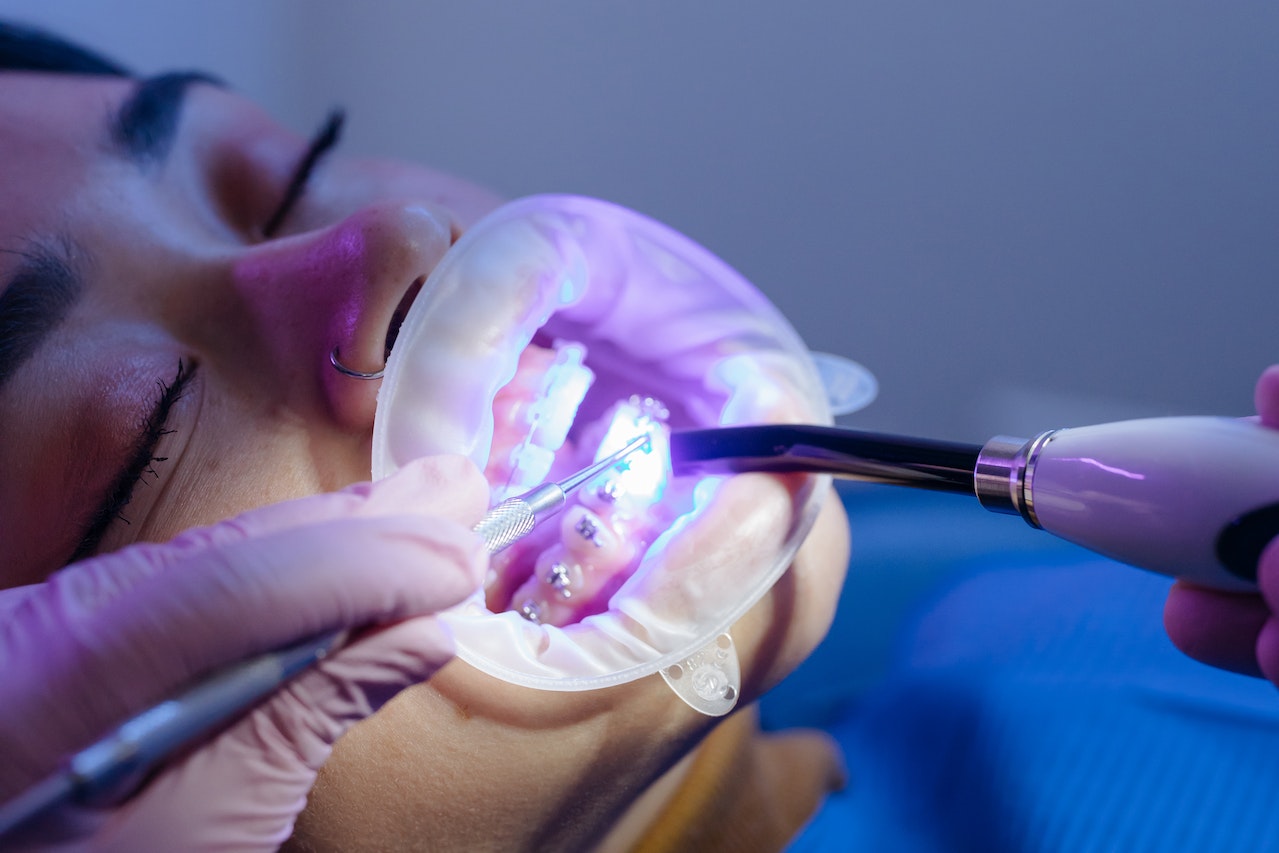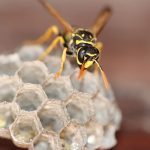
Maintaining healthy gums is a crucial aspect of oral health. Gum disease, also known as periodontal disease, can lead to gum inflammation, bleeding, and even tooth loss if left untreated. While regular dental care in Singapore and good oral hygiene practices are essential, nutrition also plays a significant role in gum health.
Here’s what to eat to promote healthy gums
1. Vitamin C-Rich Foods
Vitamin C is an antioxidant that helps repair and regenerate tissues, including gum tissue. It also plays a key role in collagen production, which is essential for gum health.
Foods rich in vitamin C include citrus fruits (oranges, grapefruits), strawberries, kiwi, and bell peppers.
2. Leafy Greens
Leafy green vegetables like spinach, kale, and Swiss chard are high in vitamins and minerals, including vitamin C and vitamin A, which are beneficial for gum health.
They also provide essential nutrients like folate, which may help reduce gum inflammation.
3. Omega-3 Fatty Acids
Omega-3 fatty acids have anti-inflammatory properties and can help reduce gum inflammation. They may also support overall oral health.
Sources of omega-3s include fatty fish like salmon, mackerel, and walnuts.
4. Dairy Products
Dairy products such as milk, yogurt, and cheese are rich in calcium and vitamin D, which are vital for maintaining strong teeth and bones, including those that support your gums.
Calcium helps protect your teeth and gums from disease and decay.
5. High-Fiber Foods
High-fiber foods like apples, carrots, and celery require more chewing, which stimulates saliva production. Saliva helps neutralise acids and wash away food particles that can contribute to gum disease.
Fiber-rich foods also promote better digestion and overall health, which indirectly benefits gum health.
6. Green Tea
Green tea contains antioxidants called catechins that have anti-inflammatory properties. Drinking green tea may help reduce gum inflammation and improve overall oral health.
Additionally, green tea can inhibit the growth of bacteria associated with gum disease.
7. Water
Staying hydrated is essential for oral health. Water helps flush away food particles, bacteria, and acids that can accumulate in the mouth and contribute to gum disease.
Water also helps maintain saliva production, which is crucial for keeping the mouth moist and preventing dry mouth, a condition that can increase the risk of gum problems.
8. Probiotic Foods
Probiotic-rich foods like yogurt with live cultures can support a healthy balance of beneficial bacteria in the mouth and gut.
A balanced oral microbiome is crucial for gum health and may help reduce the risk of gum disease.
What to Avoid
Avoid Sugary and Highly Processed Foods
Sugary foods and beverages can contribute to the growth of harmful bacteria in the mouth and increase the risk of cavities and gum disease.
Highly processed foods with added sugars and unhealthy fats should be limited for the sake of both oral and overall health.
Limit Alcohol and Tobacco
Excessive alcohol consumption and tobacco use are risk factors for gum disease. Reducing or quitting these habits can significantly improve gum health.
Discover more about gum treatment in Singapore.
Conclusion
Maintaining healthy gums involves more than just brushing and flossing. A balanced diet rich in vitamins, minerals, and antioxidants can support gum health and reduce the risk of gum disease. By making smart food choices and practicing good oral hygiene, you can promote healthy gums and enjoy a lifetime of optimal oral well-being. If you have specific concerns about your gum health or nutrition, consult with a dentist or registered dietitian for personalised guidance.
Are you looking for comprehensive and personalised dental care? Discover the best dental clinics in Singapore.







